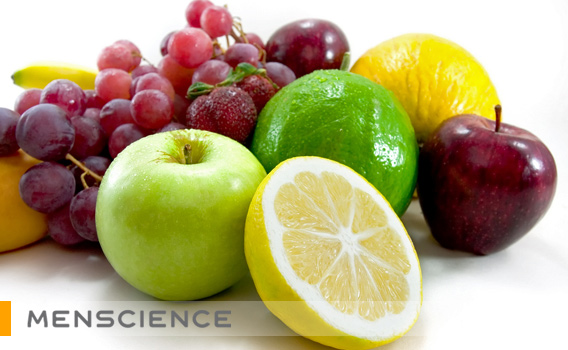Antioxidants have been all over the news lately. It seems like every week, these substances improve your health in a new way – their benefits know no bounds. While certain antioxidants like vitamin C and vitamin A get a lot of attention, there are others that don’t but are just as important. Check out these five antioxidants you need but probably haven’t heard about. All of these antioxidants can be found in MenScience Advanced Antioxidants.
Astaxanthin
This antioxidant, which you can find in plants and certain bacteria, helps fight free radicals and cellular damage. Astaxanthin has an advantage over other antioxidants like vitamin E – it can be absorbed into fatty tissue and penetrate the blood-brain barrier, which allows for better overall absorption. Fun fact: Crabs, salmon and lobsters get their red color from this helpful antioxidant.
Idebenone
Research supports the conclusion that this is one of the most powerful antioxidants available. It’s been shown to significantly reduce aging signs like wrinkles and fine lines as well as prevent damage. Researchers are looking into using this antioxidant for possibly treating medical conditions like liver disease and Alzheimer’s.
Tocotrienol
Closely related to vitamin E, this hard-to-pronounce antioxidant helps fight inflammation and blood clotting. Because of its fat-soluble properties, it’s more effective than other, more common antioxidants – tocotrienol can easily penetrate through bodily tissues. Palm oil is one of the biggest sources of tocotrienol.
Pycnogenol
Pycnogenol is common in Southwest France, where it’s a liquid extra from pine tree bark. By helping to strengthen the walls of blood vessels, it reduces inflammation and supports circulation. It also has a high concentration of other antioxidants.
Zeaxanthin
This antioxidant is important in eye health. It filters harmful light from the sun to help keep your eyes healthy. You can find it in squash and egg yolks and is currently being studied to help treat certain vision disorders.
For more information on antioxidants, check out “Antioxidants and Aging.”







